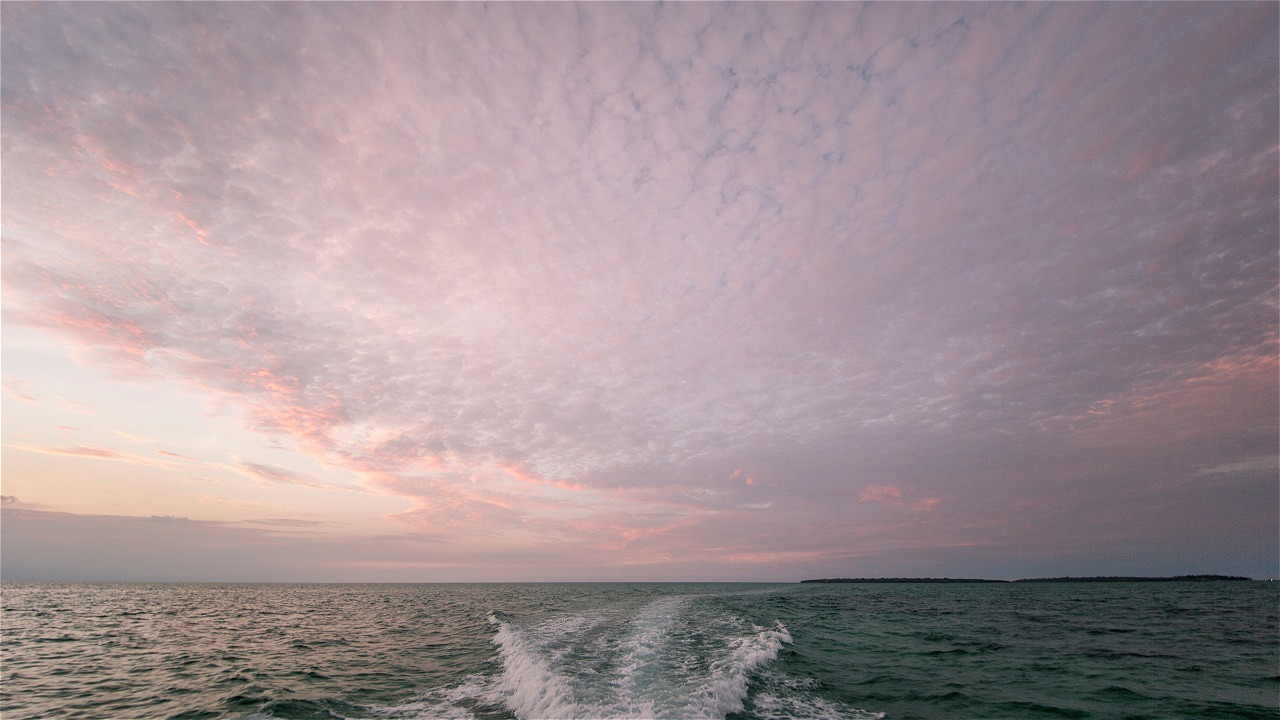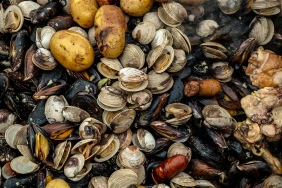EMERGENCY CALLS: HELP POWER THE WWF-INDONESIA MARINE RESEARCH ENGINE!
By: Ciptanti Putri
Forests are the source of life for creatures on land. While in the depths of the sea, coral reefs are the providers of that life. For fish, coral reefs provide shelter, egg spawning, and a comfortable place to rest. More herbivorous fish around coral reefs means more predatory fish, and there will be predatory fish from higher classes. This creates a balanced food chain and a healthy ecosystem. For humans, this indicates an adequate supply of fish for seafood supply as well as a guarantee of the resources that provide livelihoods for those who work in fisheries.
For this healthy ecosystem, WWF-Indonesia's team of marine experts works tirelessly to maintain the condition of coral reefs as a 'home' for fish and other marine life. With a conservation work area along the Sunda Banda Seascape (Sunda Banda Seascape), this team of experts also strives to preserve the Coral Triangle area (Coral Triangle) which holds extraordinary underwater biodiversity.
One of the important tasks in the conservation work of the WWF-Indonesia team of marine experts is monitoring and research on marine biota (fish) and coral reefs. In this activity, fish samples are taken and the condition of coral reefs at several levels of sea depth is analyzed. This monitoring and research is intensive and requires adequate equipment and logistical support. The results of these activities will form the basis for important steps in various efforts to save certain fish species and coral reefs.
Unfortunately, a vital piece of equipment that has always been relied upon in this scientific activity is in a bad state of disrepair. The engine of the Floating Ranger Station "Menami" weakened and lost its carrying capacity after being used in a number of ecological impact evaluation research expeditions. Menami is a motorboat owned by WWF-Indonesia that is used for a series of monitoring and research on coral reefs and marine biota. Menami is named after the Napoleon fish (Cheilinus undulatus) in the language of Wakatobi, the region where the vessel operates daily.
It's time for you to take action to support the hard work of WWF-Indonesia's marine research team in saving and preserving the biodiversity of the archipelago's oceans.
An ""Emergency Calls"" program was initiated in order to raise funds to start the engine of the Floating Ranger Station Menami motorboat, which should be operational soon. For the first phase, we are targeting 500 million Rupiah for the purchase of a new engine, installation costs, cleaning of the vessel, and to complete the lack of monitoring equipment on board. Hopefully, Menami can resume operations in Wakatobi and the surrounding area within the next 2 months.
Your support can be channeled through the account:
Bank Mandiri 124-00-0520-697-5, on behalf of World Wide Fund
Bank Central Asia 217-3012870, in the name of YAY WWF INDONESIA
* Please add the number 1 behind the donation to facilitate the recapitulation of your donation to Menami (for example: Rp 100,001).
For more information, or if you would like to be contacted by WWF-Indonesia Telemarketing team, please send an email to supporter-service@wwf.or.id (write ""Help Menami"" as the title of your email).
About Menami
The 22-meter-long, six-meter-wide, 63-tonne deadweight motor vessel Menami has been operated to carry WWF-Indonesia's marine experts since 2004. Menami was originally used to transport goods before being purchased by WWF-Indonesia, and in its current operation is commanded by a skipper and 16 crews consisting of a mate, machinist, helmsman, and chef. Menami is called the ""Floating Ranger Station"" because it is a floating headquarters for WWF-Indonesia's marine research activities that can last for months.
About the Coral Triangle
Spanning six million square kilometers in six countries - one of which is Indonesia, 76% of the world's coral reef species, 6 out of 7 sea turtle species, and around 2,228 species of reef fish call the Coral Triangle home. The destruction of the ecosystem in this area has a clear negative impact on the environment and the earth in general.





